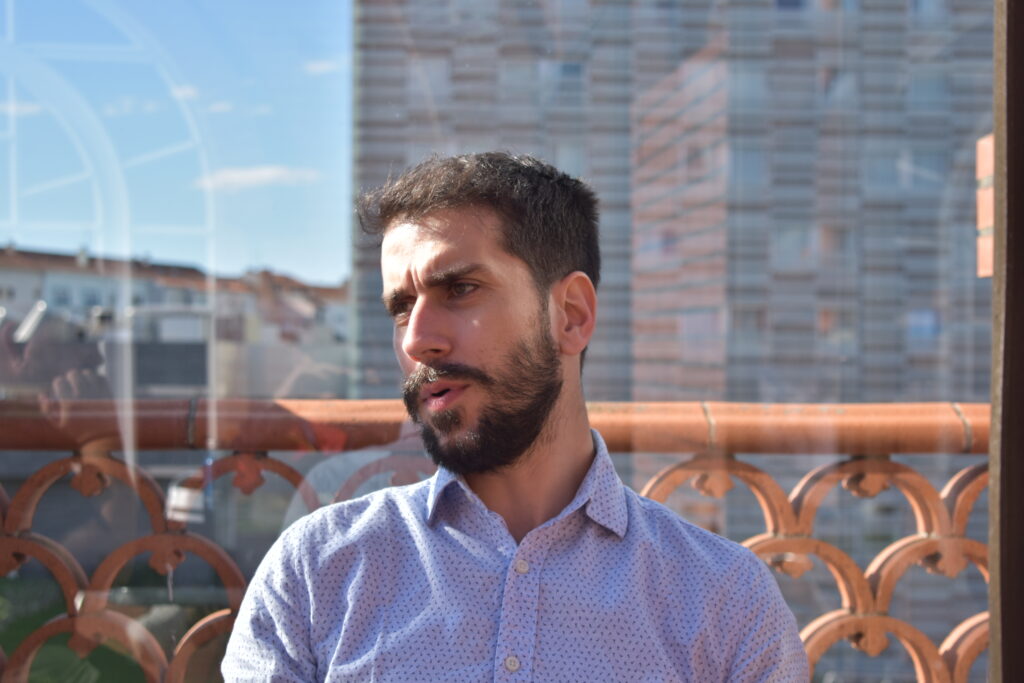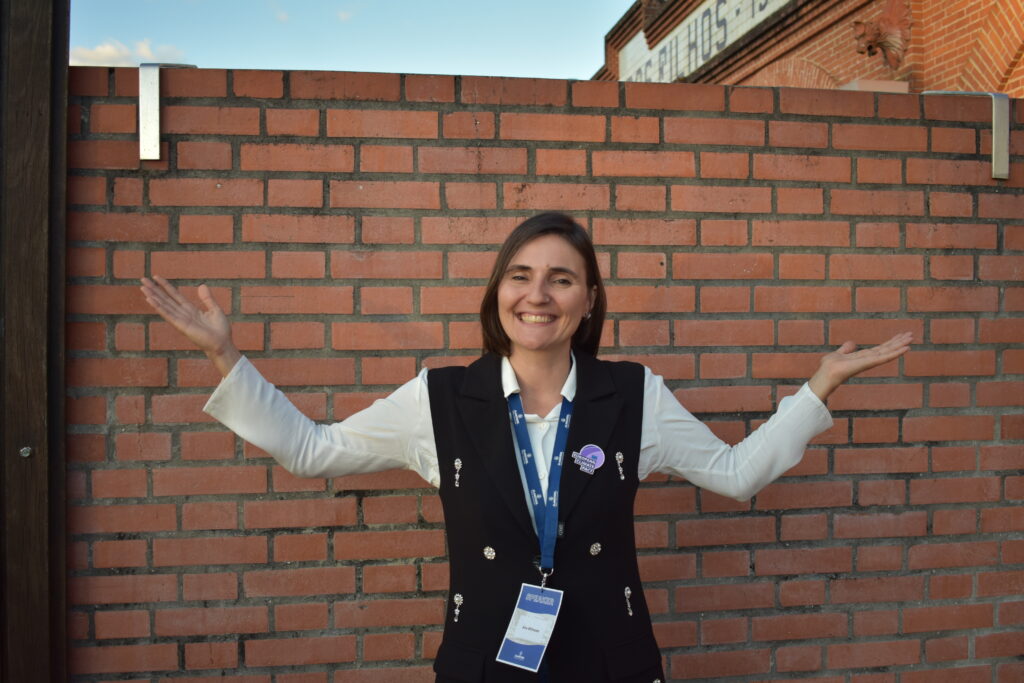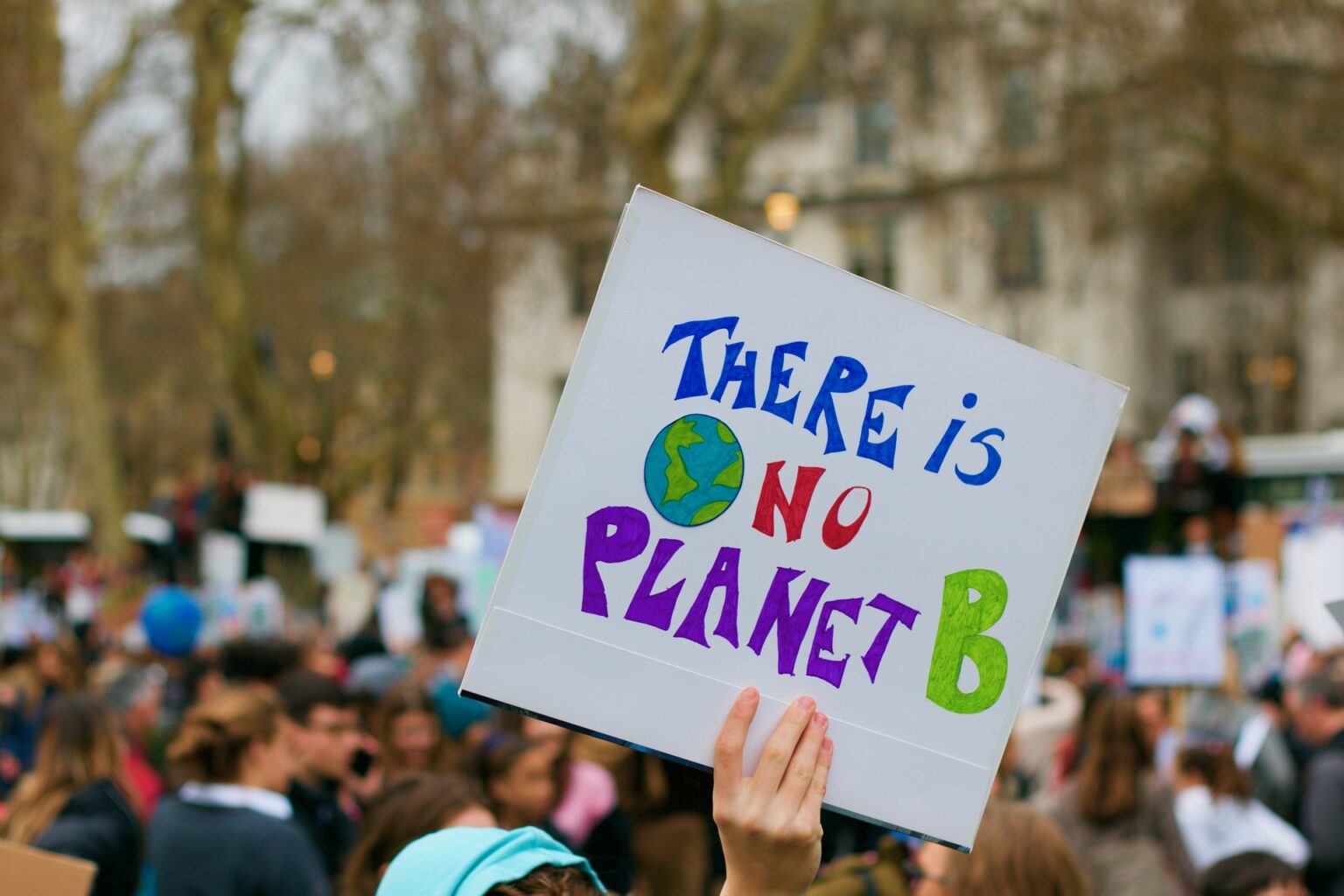Eco-anxiety is a feeling of climate anxiety that is increasingly present among young people but can become a driver for change if managed correctly.
“Why should we go on like this?” says Sérgio Ribeiro, one of the organisers of the Planetiers World Gathering, at the event’s launch. It is the start of one of the most important environmental and climate change congresses in Portugal. Outside the Aveiro Congress Centre, where Planetiers is being held, several buses are unloading schoolchildren who are taking part in the event for the planet. Like Sérgio, many of them – and many other participants – are asking themselves the same question about the climate: why keep fighting for something that is already dead? If we have already passed several points of no return, what hope is there?
This, added to the political inaction that has been well demonstrated in the limited solutions presented at COP29 or the disastrous management of DANA in Valencia, generates among people a feeling of restlessness and anguish that is called eco-anxiety or climate anxiety. This condition – which experts avoid classifying as a pathology – mainly affects young people. A survey published in The Lancet and answered by more than 10,000 young people from ten different countries described more than half of the sample as “very or extremely worried.” They perceived an insufficient response to the climate crisis in the political class and reported feeling betrayed by their rulers.
Three of the young people getting off the bus explain that they are worried about the state of the environment and are doing what they can to change it, but they need support. We do our bit, I recycle at home, but we can’t make much of a difference,’ one of them explains.
However, the same anxiety produces a different response in each individual’s life and, most importantly, in their attitude. Stanford psychiatrist Britt Wray defines this condition not as something negative, but as a healthy response to a perceived imminent threat that leads the person to seek solutions. So, the question is: “is there a desire for change, an impulse to act, behind this environmental anxiety?”
Activism as a response and remedy
The European Climate Pact website recommends taking a stand – in one way or another – as a way of dealing with eco-fear. Planetiers is a good example. In the Portuguese city of Aveiro, activists, entrepreneurs and people interested in climate issues meet with this motive: to look for solutions. This is where Telmo Romeu explains how People & Planet works, a European project that aims to mobilise young people to promote sustainable lifestyles. The expert says that each person he works with acts in a different way, but that “they are not afraid, and they face the challenge” of climate change. But, he adds, he sees first-hand the disappointment and sense of neglect they feel from the political class. Aurore Delaunay, from her stand at the Portuguese climate education foundation Transitar, says that young people “feel a great weight on their shoulders” because they feel they are the ones who have to save the world. But she believes that “fear will not make people act” and that “we need a little bit of hope to keep fighting”.

To this end, Delauney invites us to imagine in the face of fear: what would the world look like beyond the climate crisis? How could we solve it? In this glimmer of light, he explains, may lie the answer. In fact, Telmo defends the figure of the “imperfect environmentalist”, who believes that any action to protect the environment, even if it is sometimes wrong, is worth more than doing nothing. This idea removes the illogical responsibility that concern for the climate places on the morale of those who suffer from it and avoids blockage and impotence. And this move to action heals as another form of therapy. A Webster University review of the most popular interventions for treating eco-anxiety found that acting is one of the most popular therapies. Another article published by the IOP suggests a possible link: climate anxiety and activism may be mutually reinforcing in the human psyche.
The importance of collectivity
Another aspect on which all present agreed was collectivity. Carrying the weight of the world – literally – is too much for one person. That is why, Telmo and Aurore explain, sharing the pain and drawing on the experiences and ideas of others can help to cope with this condition. In this sense, Ana Milhazes, activist and ambassador of the European Climate Pact, has had her community as a fundamental pillar in her transition to a more sustainable lifestyle. She recalls how a young girl came to her because she felt misunderstood by those around her when she was concerned about the state of the environment. Milhazes helped and guided her and, like her, the thousands of people who follow her project ‘Ana, Go Slowly’, which promotes a much more humane and environmentally sustainable lifestyle and advocates the Zero Waste philosophy.

Unfortunately, it is not just action that is needed. A little political support is also needed. At Aurore Delauney’s side is Diana Neves, a climate activist who is still being prosecuted for civil disobedience at environmental demonstrations. Studies and experts have shown that government inaction ultimately kills off the activist movement. The climate struggle and its aftermath is a path of light and shadow. Hope is a brief flame that can fade just as it begins to burn. Without support and individuality, it is impossible to change things and thus find the other side of the climate fear coin: action.


